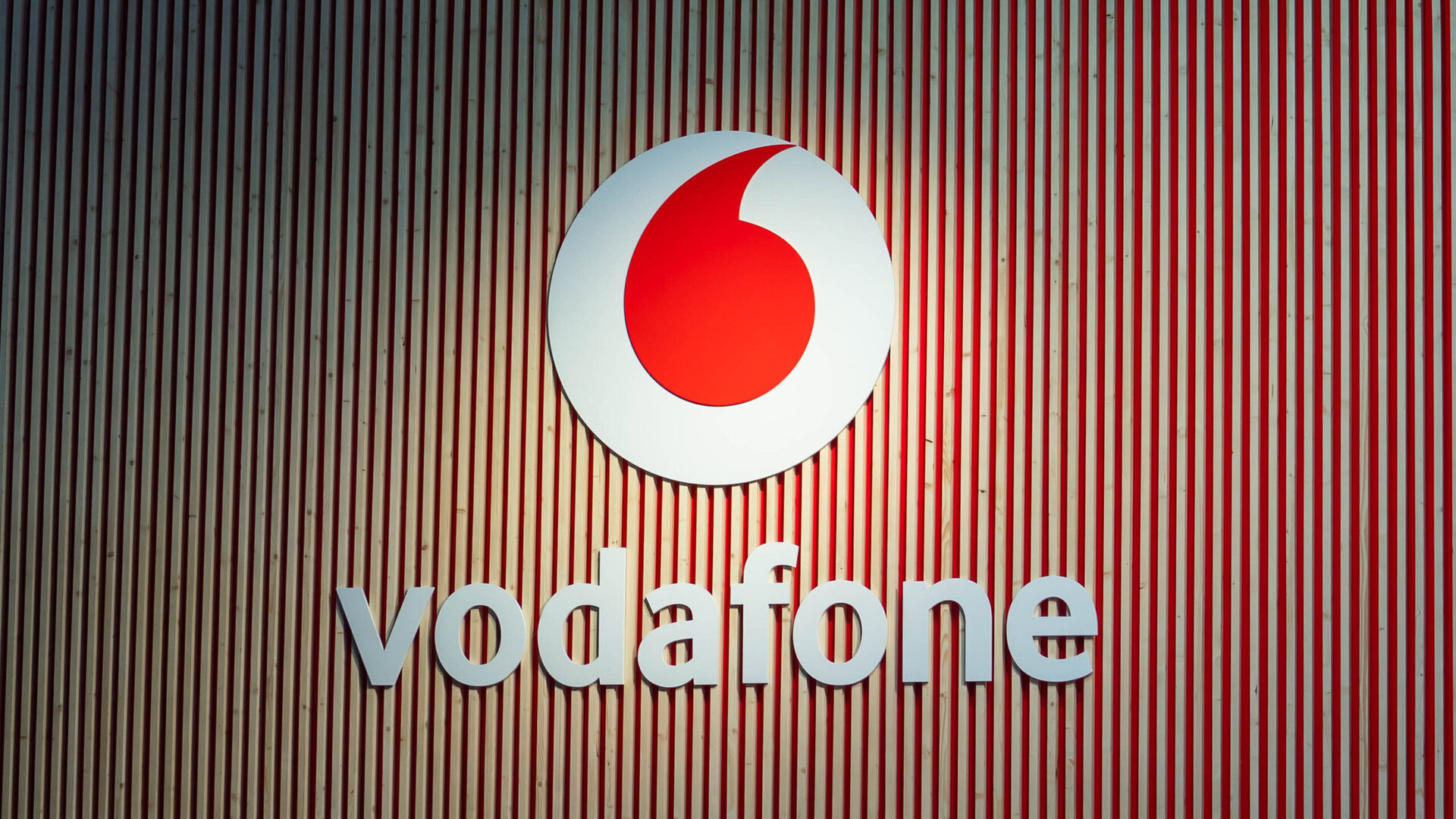Affiliate links on Android Authority may earn us a commission. Learn more.
UK carriers are taking a page out of US carriers' playbook

- A Vodafone-Three merger has been announced.
- This would take the UK’s two smallest carriers by revenue and combine them into the new largest carrier.
- The merger still needs approval from the Competition and Markets Authority (CMA).
In the United Kingdom, there are four major wireless carriers. The largest by revenue is EE (owned by BT) with around 31.6% of the market. Coming in hot in second is O2 (owned by Virgin Media), with 31.3% of the market. Trailing behind in third is Vodafone with 24.1%, and way back in fourth place is Three, with just 12.9%.
Today, Vodafone and Three announced a merger proposition (via CNBC). Combined, the two carriers would command 37% of the market to become the new dominant player. The number of major wireless carriers would drop to three, and those carriers would be on equal ground.
If this all sounds familiar, it’s because this is almost exactly what happened with the T-Mobile-Sprint merger. That happened here in the US in 2018 (although the merger didn’t go through until two years later). In that scenario, Verizon and AT&T were on equal ground in the market, while T-Mobile and Sprint trailed way behind. This created a dual duopoly, of sorts, with Verizon and AT&T competing against one another while Sprint and T-Mobile tried to one-up the other. T-Mobile and Sprint thought that if they merged, they would become a more competitive third player and force Verizon and AT&T to compete directly, breaking up the duopoly.
The major difference with the Vodafone-Three merger is that, when combined, the two companies would instantly become the dominant player. Even when combined, T-Mobile and Sprint were still smaller than either AT&T or Verizon.
It will be interesting to see how this UK merger will change the landscape for consumers.
Vodafone-Three merger: Will it happen?
Before this merger proposal can happen, it needs approval from the UK’s Competition and Markets Authority (CMA). This is analogous to the Federal Trade Commission (FTC) here in the United States. It will examine the terms of the merger to make sure it will not negatively affect the consumer landscape.
T-Mobile and Sprint faced a lengthy process in this regard when they merged. Given the CMA’s recent views on huge mergers (the CMA is the major roadblock for the Activision-Blizzard deal), it’s likely Vodafone and Three will face a similar uphill battle. This is compounded when you know that the combined company will be the new dominant player.
Interestingly, the CMA can still look at the T-Mobile-Sprint merger as a litmus test for such a deal. Here in the US, the merger hasn’t negatively affected the market. In fact, it has increased competition and forced both Verizon and AT&T to be more competitive with T-Mobile than it was previously. Perhaps that will be enough to sway the CMA.